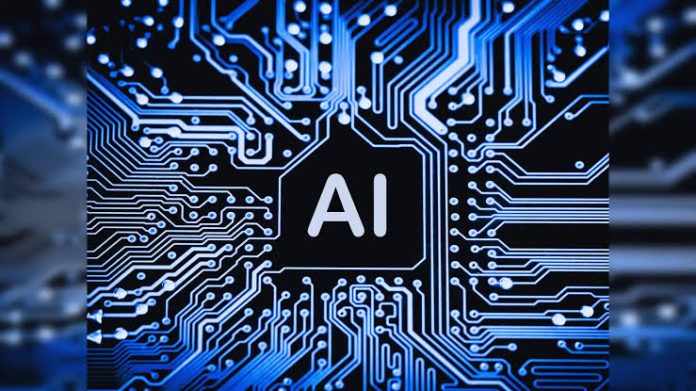The tech industry is experiencing a sharp divide. On one end, artificial intelligence (AI) is fueling a surge in profits for cloud giants like Microsoft and Google’s parent company Alphabet. On the other, hardware-reliant companies like Apple, Amazon, Samsung, and Qualcomm are bracing for economic strain, largely due to U.S. tariffs that are reshaping global trade.
In the March quarter, Microsoft and Alphabet impressed investors with strong earnings, driven by growing demand for cloud services and AI integration. Microsoft’s Azure cloud platform, in particular, saw a 33% revenue jump. Google, meanwhile, reported an 8.5% increase in its core advertising business, boosted by the growing use of AI in search results.
These results offer reassurance that tech firms heavily invested in AI may have a cushion against ongoing global economic uncertainty and tariff threats. Microsoft’s Chief Financial Officer Amy Hood noted that demand across LinkedIn, search, and gaming has remained stable, even as the company continues to scale its AI infrastructure.
But this optimism wasn’t shared across the entire sector.
Chipmakers like Qualcomm and Samsung issued more cautious outlooks. Samsung, which also manufactures smartphones and semiconductors, warned of “growing demand uncertainties” due to shifts in global tariff policies. Qualcomm echoed the sentiment, forecasting weaker revenue for the next quarter, partly due to its reliance on Apple—a company facing direct exposure to tariffs, given that 90% of its products are made in China.
Apple and Amazon are particularly vulnerable. Apple is attempting to mitigate the tariff impact by moving some iPhone production to India, but analysts believe it may still absorb higher costs to avoid raising consumer prices. Amazon, while expected to maintain strong cloud earnings like Microsoft, could see a dip in retail performance as many of its third-party sellers—especially those based in China—choose to opt out of the company’s July shopping event to protect profits.

Even though the Trump administration has held off on imposing new tariffs on electronics, the threat looms. If enacted, these tariffs could further disrupt global supply chains and impact companies that are already struggling to maintain margins amid rising production costs.
Still, the outlook isn’t all grim. Big players in AI, such as Microsoft and Google, appear well-positioned. Microsoft now attributes 16 percentage points of Azure’s growth to AI, up from 13 points in the previous quarter. That suggests AI’s revenue-generating potential is only just beginning to be tapped.
Meta (formerly Facebook) also reported better-than-expected earnings thanks to ad sales, while AI chipmakers like Nvidia, AMD, and Broadcom each saw their stock prices jump over 3% in after-hours trading.
The bottom line? AI is becoming the great divide in tech. Companies that lean into enterprise services and AI appear to be thriving, while those depending heavily on consumer electronics are feeling the heat of geopolitical shifts and changing spending habits.



